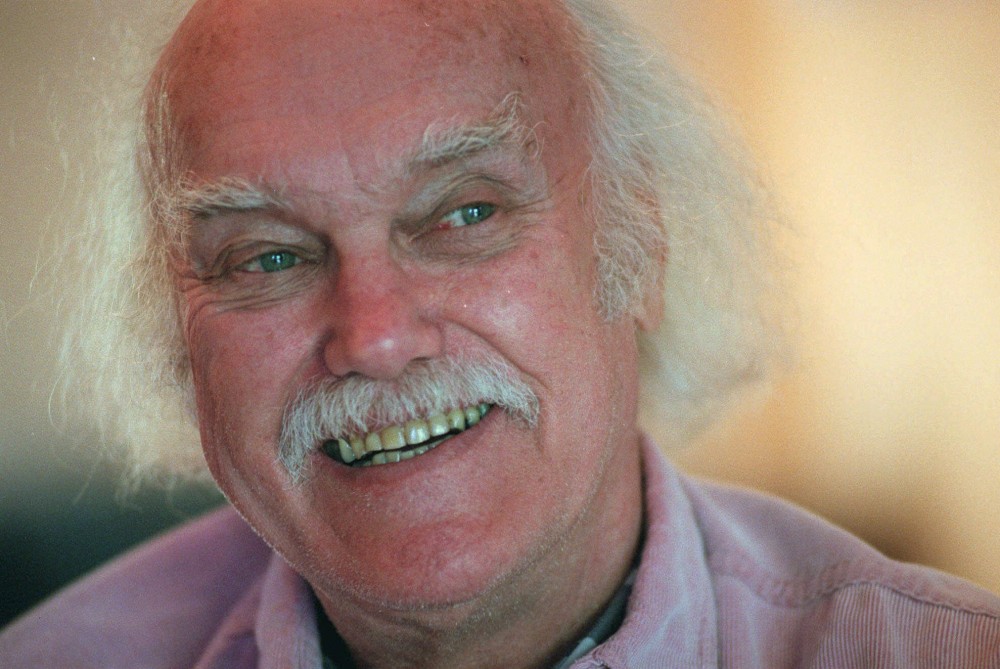Ram Dass dies at 88

Ram Dass, a spiritual pied piper who introduced a generation of young Americans to Hindu meditation, died December 23 in Maui, Hawaii, where he lived and taught. He was 88.
Ram Dass was born Richard Alpert to parents who were Jewish, a faith he later said he found “hollow.” By the time he entered Tufts University, he considered himself an atheist.
Alpert studied psychology and landed a teaching position at Harvard University in 1958. There he met fellow psychologist Timothy Leary, and the two began working on their Harvard Psilocybin Project, an investigation into the therapeutic uses of psychedelic drugs like LSD.
Alpert and Leary believed the use of psychedelics could lead to spiritual and religious enlightenment. They were joined in some of their experiments by a who’s who of mid-20th century luminaries—religion scholar Huston Smith, writer Aldous Huxley, and poet Allen Ginsberg among them.
In 1967 Alpert took a trip to India, where he met the Hindu yoga teacher Neem Karoli Baba. Baba, whom Alpert called “Maharaj-ji,” gave him the name Ram Dass, which means “servant of God.” Dass returned to the US in 1968 and spent parts of the next three years writing what would become the 415-page Be Here Now.
Part spiritual cookbook, part diary, and part free-verse poetry, Be Here Now introduced a generation to Eastern mindfulness practices in a plain, straight-forward writing style. Tech giant Steve Jobs, Beatle George Harrison, self-help author Wayne Dyer, and poet Lawrence Ferlinghetti all credited Be Here Now with expanding their spiritual horizons.
Dass authored or coauthored 15 books, but none achieved the spread or impact of Be Here Now, which has remained in print since its publication.
As Dass aged, he became more focused on conscious aging and dying, teaching workshops, holding retreats, and working with different foundations to banish the fear of death.
In 1997, Dass suffered a near-fatal stroke that left him paralyzed on one side and suffering from “expressive aphasia”—the inability to produce language easily. Dass turned the stroke and his partial recovery into his 2000 book, Still Here: Embracing Aging, Changing, and Dying.
“It’s all grace,” he told the Huffington Post in 2013. “The stroke graced my spiritual work because it took me inside.” —Religion News Service





